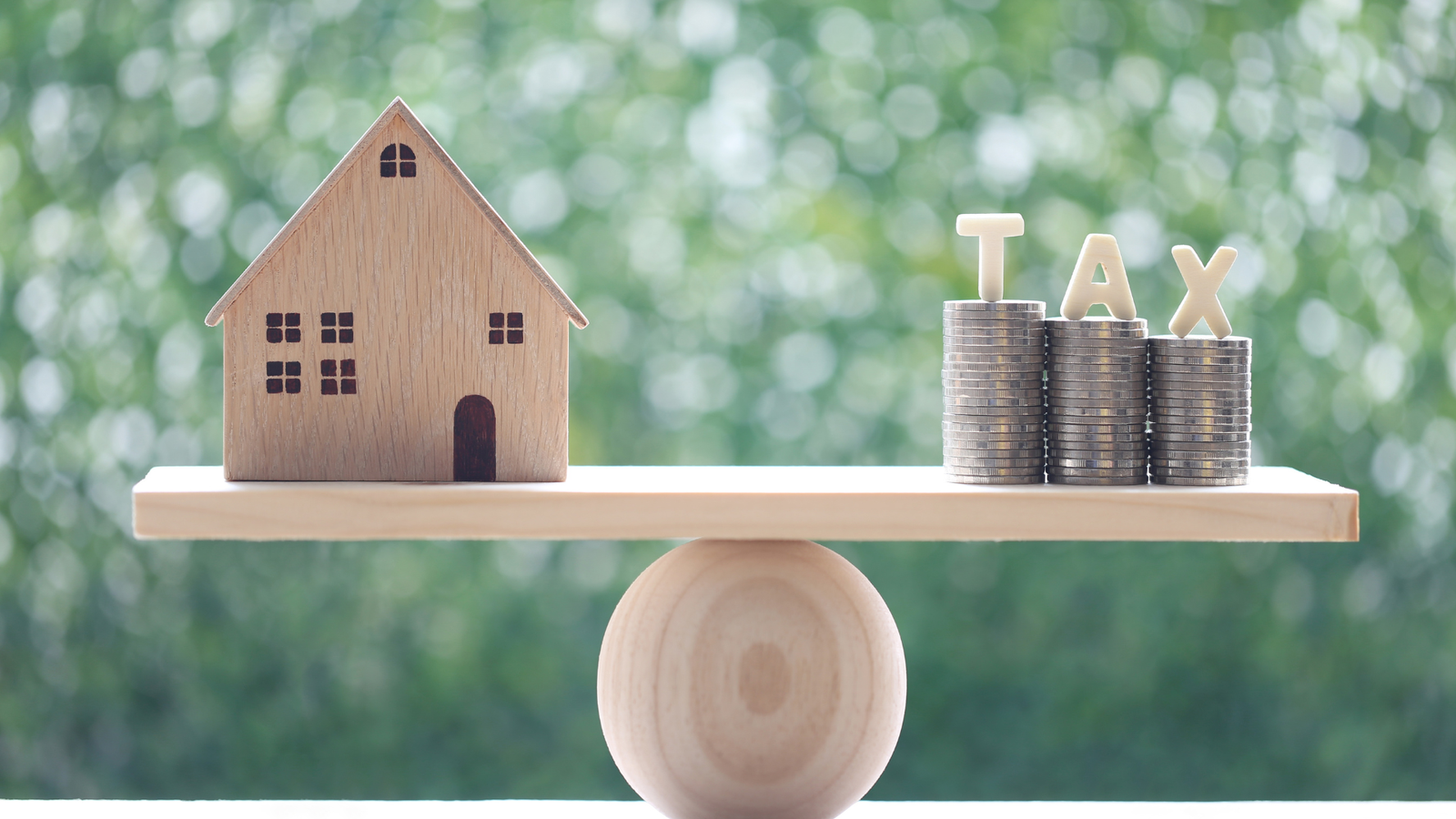
In Canada, the capital gains tax on your primary residence is a tax applied to any profit you make when selling your home. However, there is a Principal Residence Exemption (PRE) that can shield you from paying tax on the capital gains if certain conditions are met.
Here's a breakdown of the key points:
Principal Residence Exemption (PRE):
Reporting to the Canada Revenue Agency (CRA):
Designating Your Principal Residence:
Late Designation:
Tax Rates for Capital Gains:
Seek Professional Advice:
In summary, while capital gains on the sale of your primary residence in Canada can be subject to taxation, the Principal Residence Exemption provides a significant benefit, allowing homeowners to potentially avoid paying taxes on the profit from the sale of their home. It's important to understand and adhere to the reporting requirements and seek professional advice when needed.
Principal Residence Exemption (PRE):
- If you sell a property that was your principal residence for every year you owned it, you qualify for the Principal Residence Exemption.
- The exemption means you don't have to pay tax on the capital gain when selling your home.
Reporting to the Canada Revenue Agency (CRA):
- Even if you don't have to pay tax due to the Principal Residence Exemption, you are required to report the sale of your home to the Canada Revenue Agency (CRA).
- Reporting is typically done on Schedule 3, Capital Gains (or Losses), and Form T2091(IND), Designation of a Property as a Principal Residence by an Individual (Other Than a Personal Trust).
Designating Your Principal Residence:
- It's essential to designate your property as your principal residence in your income tax and benefit return to benefit from the Principal Residence Exemption.
- Failure to make this designation in the year of sale may necessitate amending your income tax return, and there could be penalties involved.
Late Designation:
- The CRA may accept a late designation in certain circumstances, but it's crucial to adhere to their guidelines. Penalties may apply for late designations.
Tax Rates for Capital Gains:
- If you've owned the property for less than a year, any capital gains are considered short-term and taxed at your regular income tax rate.
- If you've owned the property for more than a year, the gains are considered long-term and taxed at a lower capital gains tax rate.
Seek Professional Advice:
- Given the complexity of tax regulations, it's advisable to seek advice from a lawyer or an accountant. They can help ensure compliance with tax laws and maximize your benefits.
In summary, while capital gains on the sale of your primary residence in Canada can be subject to taxation, the Principal Residence Exemption provides a significant benefit, allowing homeowners to potentially avoid paying taxes on the profit from the sale of their home. It's important to understand and adhere to the reporting requirements and seek professional advice when needed.